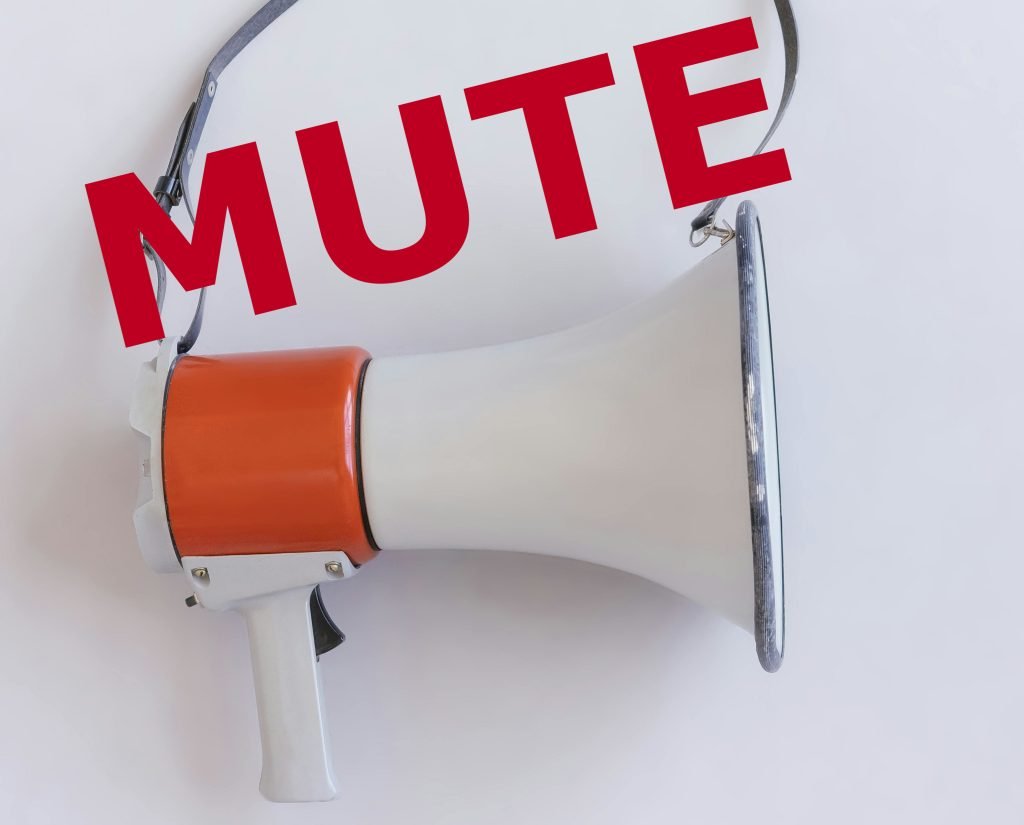Martin Luther King Jr. once said, “In the end, we will remember not the words of our enemies, but the silence of our friends.” This powerful quote speaks volumes about the impact of inaction and indifference. It emphasizes the power of speaking out and the importance of standing up for what is right, even when it is difficult. Let’s explore this quote in detail and understand its profound implications.
The Impact of Silence
Silence can be more damaging than words. When friends remain silent in the face of injustice, it feels like betrayal. Silence implies consent. It suggests that the status quo is acceptable. This silence can be deafening, leaving a lasting impact.
Consider historical events where silence played a critical role. During the Holocaust, many remained silent as atrocities were committed. Their silence allowed the horrors to continue. On a personal level, silence in the face of bullying or discrimination can make the victim feel isolated and unsupported. The absence of a supportive voice can be as harmful as the presence of an antagonistic one.
The Role of Allies
Allies play a crucial role in the fight against injustice. They provide support, amplify voices, and stand up against oppression. An ally’s voice can make a significant difference. It can validate the experiences of those affected and bring attention to important issues.
Being an ally requires action. It means speaking out against injustice, even when it is uncomfortable. It means educating oneself and others about issues of inequality and discrimination. True allies do not remain silent. They use their privilege and platform to advocate for change.
Allies are essential in creating a more just and equitable society. Their support can empower those who are marginalized and inspire others to take action. Silence from allies, on the other hand, can be deeply damaging. It can perpetuate the very injustices they oppose.
The Courage to Speak Out
The Power of Speaking Out against injustice requires courage. It can be challenging to go against the grain and voice dissent. Fear of backlash, isolation, or conflict can deter individuals from speaking up. However, staying silent perpetuates the problem.
Courageous individuals throughout history have spoken out against injustice. Martin Luther King Jr. himself was a beacon of courage, consistently speaking out against racial inequality. His words and actions inspired millions and brought about significant change. Without his courage, progress would have been much slower.
To cultivate the courage to speak out, one must prioritize principles over comfort. Focus on the greater good and the impact of your actions. Remember that silence can be complicit, and your voice can be a powerful tool for change.
The Consequences of Inaction
Inaction in the face of injustice has serious consequences. It allows harmful systems and behaviors to persist. It sends a message that these issues are not worth addressing. Over time, this inaction can erode trust and solidarity within communities.
Consider the fight for civil rights. If individuals had remained inactive, significant progress would not have been made. Segregation, discrimination, and inequality would have continued unchecked. Inaction allows injustice to flourish.
On a personal level, inaction can damage relationships. Friends who fail to stand up for one another can create feelings of abandonment and betrayal. Trust is broken, and the bond of friendship is weakened. Inaction, therefore, has both societal and personal repercussions.
The Importance of Solidarity
Solidarity is essential in the fight against injustice. It means standing together, supporting one another, and working towards a common goal. Solidarity amplifies voices and strengthens movements. It sends a powerful message that injustice will not be tolerated.
Solidarity requires active participation. It means showing up, speaking out, and taking action. It means being present and engaged, even when it is challenging. Solidarity is the opposite of silence. It is a collective effort to create positive change.
In times of crisis, solidarity can provide hope and strength. It can remind individuals that they are not alone in their struggle. It can inspire resilience and perseverance. Solidarity is a powerful force for good, capable of overcoming even the most daunting challenges.
Moving Forward: Taking Action With The Power Of Speaking Out
Taking action is crucial in the fight against injustice. It is not enough to simply oppose injustice in theory; one must also take concrete steps to address it. This can be done in various ways, from small daily actions to larger, more organized efforts.
Start by educating yourself about issues of injustice. Listen to the experiences of those affected and learn from their perspectives. Speak out against injustice whenever you see it. Use your voice to raise awareness and advocate for change.
Support organizations and movements that work towards justice and equality. Volunteer your time, donate resources, and participate in activism. Use your skills and talents to contribute to the cause.
Encourage others to take action as well. Share information, engage in discussions, and inspire those around you to get involved. Collective action is more powerful than individual efforts. Together, we can create meaningful and lasting change.
Conclusion
Martin Luther King Jr.’s quote, “In the end, we will remember not the words of our enemies, but the silence of our friends,” highlights the profound impact of inaction. Silence in the face of injustice is harmful and perpetuates the problem. Allies must speak out, take action, and stand in solidarity with those affected. By doing so, we can combat injustice and create a more just and equitable world.
We have another Daily Motivational Quote recommendation for you.


